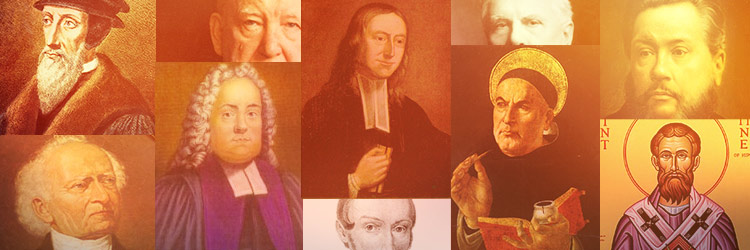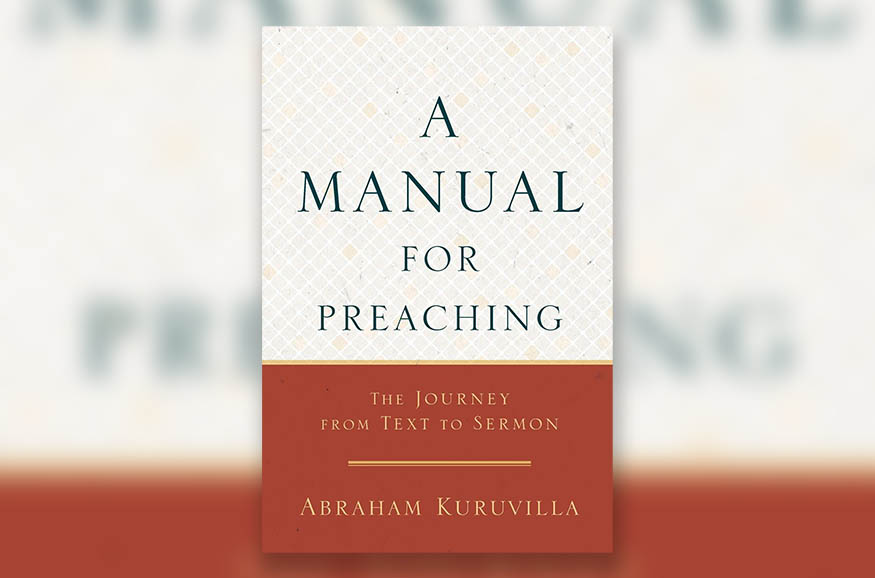
Before getting back to sermon application, I wanted to take a moment to ask you about your word smithing. I know it’s not a word. The spell-checker just rejected my one-word and spit it into two.
One of the top five books on communication that I’ve ever read is Humes’, The Sir Winston Method. He analyzes and summarizes Winston Churchill’s powerful communication style.
A top takeaway from the book is the CREAM approach to crafting words. The acrostic stands for:
C = contrast
R = rhyme
E = echo
A = alliteration
M = metaphor
You can use this acrostic to guide the development of key concepts in your sermon such as your big idea or theme.
I am not great at this, but every once in a while my wordsmithing superpower kicks in. This happened a couple of times the past two weeks.
First, while preaching in 1 Corinthians 1:17ff. where Paul teaches about the cross of Christ and how foolish that message sounds, I urged our folks to
“stick to the script.”
This would help them fight the temptation to change their message ever so slightly to make our Gospel appear more palatable.
Then, yesterday while preaching Jude 5-10 I reviewed the purpose for our series with this broad directive:
“We proclaim the Gospel out there; we protect it in here.”
The first one has a lot of alliteration and a little bit of rhyming going on. The second example has more alliteration and a little bit of contrast.
If you’re serious about practicing CREAM, you’ll enjoy Humes’ relatively short, but packed paperback (see what I did there?). My Doctor of Ministry thesis, Teaching the Skills of Preaching, is not nearly as enjoyable, but does contain examples of CREAM.
May our Lord receive glory in the church and in Christ Jesus (Ephesians 3:21) as we put our word smithing (there it goes again!) superpowers to good use each Sunday.
Randal












